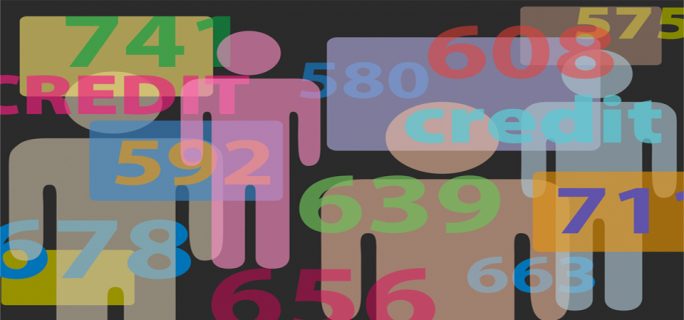There’s a lot of information out there on credit-related subjects, but not so much when it comes to knowing what credit bureaus are. So let’s discuss what they are and what they do, as it’s an important part of nearly every consumers life.
A Credit Bureau, also referred to as a credit (or consumer) reporting agency, is a a company that creditors use to submit information regarding consumers who have credit lines with that company. They collect the information and place it into a database, which is filled with files/reports based on name and social security numbers. This allows ease of reference for consumers and creditors.
These credit reports that these bureaus supply will contain information on anyone older than 18 years old living in the United States. This information contains the name, addresses, accounts, payment history for those accounts, inquiries and various other information. Also, if applicable, it will contain chargeoffs, tax liens, bankruptcies, foreclosures, repossessions, etc.
Credit Reports from the three major US credit bureaus (Experian, Equifax and TransUnion) are used by creditors to determine the financial risk of the consumer that is applying for credit with the creditor. They can use credit history, credit score(s), open accounts or negative items to determine whether or not the consumer is worth the risk. This makes credit bureaus an important part of our every day lives. The information that they receive (reported to them) can help us or hurt us.
These credit bureaus allow you to dispute any negative marks. You can use AnnualCreditReport.com to obtain a free credit report each year, thanks to the Fair Credit Reporting Act. By pulling your own credit – you can ensure that there are no inaccuracies. Inclusion of incorrect information is very common in the US. You can read how to dispute inaccurate credit reports here. Disputing negative marks on your credit should be done immediately, as you want to get them out of the way before it affects your livelihood. It can also take a bit longer for you to remove these marks than you think. Not every account will be as easy as the one before, or the next. Do yourself a favor and get started on that immediately.
Credit Bureaus receive information each month, like clockwork, on every account, especially if there are negative items to report. Not all good items get reported, but bad items do. Remember that!
* The consumer must be at least 18 years old before they can establish credit, good or bad.
Credit Bureaus
Experian, NCAC, PO BOX 9701, Allen, TX, 75013
www.experian.com
1-888-397-3742
Equifax, PO BOX 105518, Atlanta, GA, 30348
www.equifax.com
1-800-685-1111
TransUnion, PO BOX 2000, Chester, PA, 19022
www.transunion.com
1-800-916-8800
Other Credit Bureaus
There are also credit bureaus that are not for consumers, such as Dun & Bradstreet, Equifax Small Business Financial Exchange and Experian Business. Of course, there’s others, but this article is based on consumers only, while these are targeted towards Businesses.
Outside the US there are many different consumer reporting agencies in many different countries, such as Australia, Canada (TransUnion and Equifax), The UK (Experian, Equifax, Callcredit), India and others. You must live (or have lived) within that country to have a credit file/report. Check with your Governments credit laws to get a better understanding of how credit bureaus function in your/that country.

